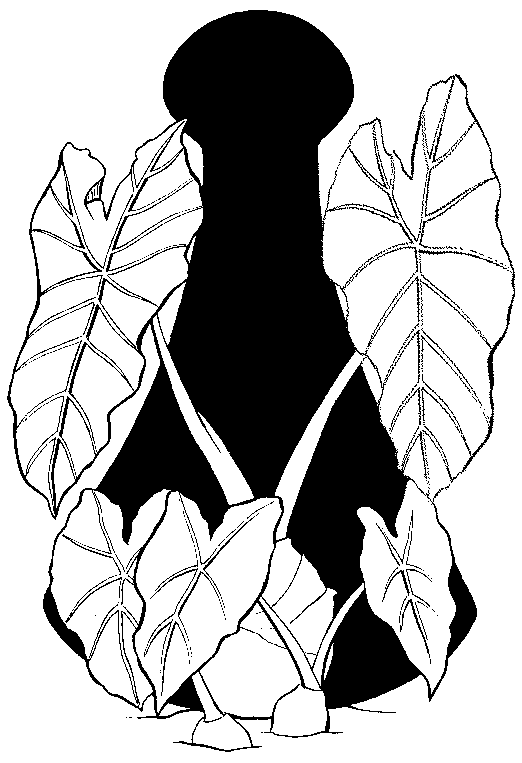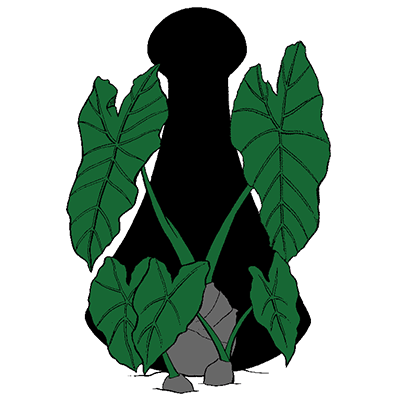
Kīpahulu
Community-Based
Subsistence Fishing Area
Signed into Law March 15 2024
KIPAHULU CBSFA RESOURCES
View our Frequently Asked Questions: Getting to Know the Kipahulu Moku CBSFA (PDF)
DLNR News Release - KĪPAHULU SET TO BECOME THIRD COMMUNITY-BASED SUBSISTENCE FISHING AREA
Kipahulu Moku CBSFA Passed on January 12th 2024 by Board of Land & Natural Resrouces - Press Release
2023 Kipahulu Fishing Creel Survey
CBSFA PRESENTATION TO BLNR MAY 2023
CHANGES IN RULES OVER THE SCOPING PERIOD - (2019-2023)
Public Hearings Announces for Kipahulu Moku CBSFA (DAR Press Release)
Kipahulu Moku CBSFA Management Plan, 1/2023
Kipahulu Moku CBSFA Administrative Record, 1/2023
Kipahulu ‘Ohana Virtual Huaka’i - by Hāna School Haumana
Kipahulu Moku CBSFA Presentation 2021
Kipahulu Moku CBSFA Admin Record
Kipahulu Ohana CBSFA Letter of Inquiry, May 26, 2016
Kipahulu Malama I Ke Kai Community Action Plan, December 2011
CBSFA Designation Procedures Guide, DAR, 2014
Division of Aquatic Resources - Fishing Regulations
Families in East Maui continue to maintain a significantly subsistence-based lifestyle with traditional fishing, hunting and farming practices updated with appropriate modern methods and tools. Families refer to the ocean as their icebox and the mountain as their pantry, and to this day many families supplement their diets through subsistence practices, and actively pass on these traditions to the younger generations.
Through our 2011 Malama I Ke Kai Community Action Plan, developed over two years with the support of The Nature Conservancy-Maui Marine Program and other partners, with input from more than 50 community members, fishermen, scientists, managers, and teachers, Kīpahulu ‘Ohana has identified the unsustainable harvest of fish, limu (seaweed), and ‘opihi (limpets) as pressing issues contributing to the degradation of the marine environment within the proposed CBSFA designation area. The unsustainable harvest of marine resources leads to decreased productivity and diversity. Harvesting species out of season (during spawning times), harvesting undersized or reproductive individuals, or harvesting too many individuals contributes to the decline of target species.
Over the years, as negative impacts of unsustainable harvesting have caused noticeable decline in the abundance of resources, community members have become increasingly frustrated with the ineffectiveness of state-level management and one-size-fits-all rules that don’t account for local biological, ecological and socioeconomic factors. This has resulted in conflicts between users, renegade actions to protect resources, and continuing decline of resources.
The proposal to designate Kīpahulu moku as a CBSFA was one of the priority actions identified in the Malama I Ke Kai plan in order to address these issues.
Hawaiʻi’s CBSFA designation formally recognizes local communities as valued partners in protecting natural resources, and reaffirms and protects traditional and customary practices for subsistence and culture.
The Kipahulu Ohana believes that a CBSFA designation and collaborative management plan can be a tool to help reduce or eliminate unsustainable harvest by changing fishing behavior, allowing fish populations to stabilize and hopefully recover. This will enable future generations to access marine resources for subsistence use and customary practice.
For several years, Kipahulu has been conducting outreach activities to gather input and grow support for CBSFA designation, including community meetings, individual and family interviews and talk-story sessions, and educational tables at local festivals and other events.
In April 2016, Kipahulu Ohana submitted our Letter of Inquiry to DAR as the initial step in the process, and in July 2016 the Kipahulu received a feedback form from DAR which indicated formal acceptance of our Letter of Inquiry with instructions to proceed in the application process.
In October 2019, Kipahulu Ohana submitted our official Kipahulu Moku CBSFA Proposal and Management Plan (PDF), along with the Administrative Record (PDF) of supporting documentation.
Through 2020-2022, Kipahulu Ohana and DAR hosted numerous informational and scoping meetings and fisher consultations to gather feedback on the CBSFA proposal.
In September 2022, Kipahulu Ohana submitted a revised Kipahulu Moku CBSFA Proposal and Management Plan (PDF), along with the updated Administrative Record (PDF), incorporating the feedback received through the scoping meetings and consultations.
In May 2023, KOI went before the Board of Land & Natural Resources alongside DAR to present our proposed rules, CBSFA journey, outreach efforts, and reaffirmed our communityʻs desire to become the third CBSFA In June 2023, KOI attended the BLNR Hearing to formally request approval to hold a public hearing to adopt the Kīpahulu CBSFA designation. The BLNR unanimously voted to approve moving forward to public hearings.
On November 2, 2023, a public hearing for the Kīpahulu CBSFA was held. Approximately 60 supporters showed up in person at Wananalua Church Hall. DAR received a total of 88 testimonies (31 oral and 57 written) from 54 individuals, 3 government agencies (2 federal and 1 state), 5 elected officials (1 U.S. Congress, 2 State Legislature, and 2 County of Maui) and 24 organizations, with 1 individual and one elected official providing duplicate oral and written testimony. All testimony was in full support of the proposed rules and underlined the importance of community stewardship and management of resources, the hard work and perseverance of KOI and the community throughout the CBSFA designation process, and the importance of protecting traditional and customary subsistence fishing practices throughout the State.
On January 12th, 2024, the Board of Land & Natural Resources approved the adoption of the Kipahulu Community-Based Subsistence Fishing Area designation. The designation will become effective upon signing by Governor Josh Green, and Kipahulu will soon become the third CBSFA following Hāʻena on Kauaʻi and Miloliʻi on Hawaiʻi Island. We are extremely grateful for the steadfast commitment of our community and all of the kākoʻo throughout this journey.
View our video presentation highlighting CBSFA code of conduct and proposed rules
View the Virtual Huaka‘i video created by students from Hāna School, including CBSFA plans








